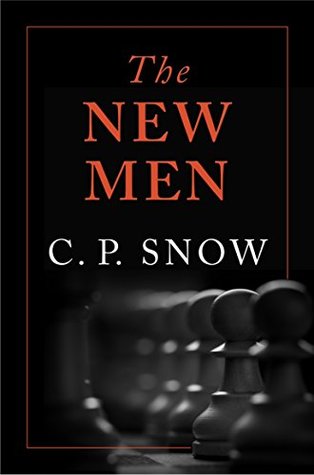More on this book
Kindle Notes & Highlights
had set himself never to give away a secret, and never to allow himself the bright remark that makes a needless enemy.
kind of box, about eight feet each way; outside was
Mother Nature sit up and beg’. He wanted power over nature so that human beings had a better time.
organized science got going, it would have been about
five. That was the major practical effect of science.
if there is a crisis, if anyone can do you harm or good, he used to say, looking simple, never mind your dignity, never mind your nerves, but always be present in the flesh.
Science was done in the open, that was a reason why it had conquered; if it dwindled away into little secret groups hoarding their results away from each other, it would become no better than a set of recipes, and within a generation would have lost all its ideals and half its efficacy.
The engineers, the Rudds and Pearsons, the people who make the hardware, who used existing knowledge to make something go, were, in nine cases
not from them, but from the scientists, that came heretics, forerunners, martyrs, traitors.
In those that I had seen die, the bitterest thought was what they had left undone. And, as a matter of truth, though it was not always an easy truth to take, I had observed what others had observed before – I could not recall of those who had known more than their share of the erotic life, one who, when the end came, did not think that his time had been tolerably well spent.
Put your ear to those meetings and you heard the intricate labyrinthine and unassuageable rapacity, even in the best of men, of the love of power.
If you have heard it once – say, in electing the chairman of a tiny dramatic society, it does not matter where – you have heard it in colleges, in bishoprics, in ministries, in cabinets: men do not alter because the issues they decide are bigger scale.
If you identify yourself in another, however tough the tie between you, he cannot feel as you do, and then you go through (you who have been living your life in another) a state for which the old Japanese found a name, which they used to describe the sadness of a parent’s love: a darkness of the heart.


